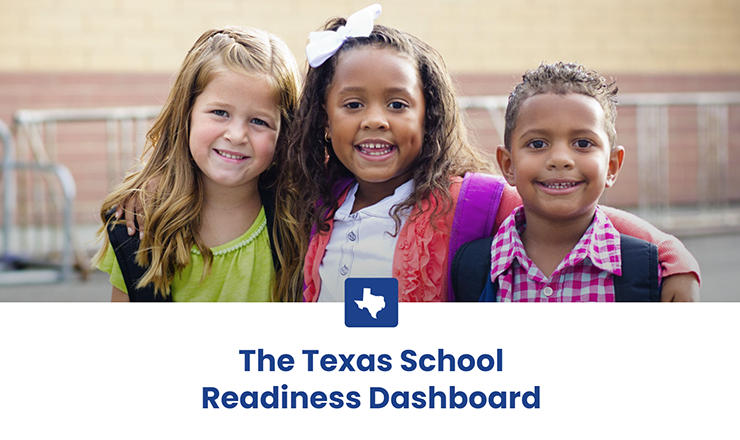Through comprehensive reviews of the most rigorous evidence available to date, the Prenatal-to-3 Policy Impact Center has identified 11 effective solutions, including 5 effective policies and 6 effective strategies, that foster the nurturing environments infants and toddlers need and many of which, reduce longstanding disparities in outcomes among racial and ethnic groups and socioeconomic statuses. (For more, Why Do We Focus on the Prenatal-to-3 Age Period?: Understanding the Importance of the Earliest Years.)
The annual Prenatal-to-3 State Policy Roadmap is the go-to guide for the early childhood field that details where states are on each of most effective evidence-driven policies and strategies for infants, toddlers, and their caregivers. The Roadmap is an invaluable resource for that distills the evidence into clear, actionable investments and decisions state leaders can make to meet their priorities.
The 2021 Roadmap will be released at the virtual second annual National Prenatal-to-3 Research to Policy Summit on Thursday, October 7, 2021. Early childhood policy champsions across the country are invited to join. There is no registration fee: https://info.childandfamilyresearch.org/2021-national-prenatal-to-3-research-policy-summit.
The 2021 Prenatal-to-3 State Policy Roadmap and related resources will include:
- New, easier to use format with downloadable graphics
- Streamlined Roadmaps for each state with updated data
- Robust asset kit with suggested sharing tools, state specific graphics, and templates to incorporate the Roadmap into your own work
- Post-Summit workshops to dive deeper into specific issues
- Opportunities to have experts from the Policy Impact Center meet with your group
Questions? Contact us – we’d love to hear from you.



